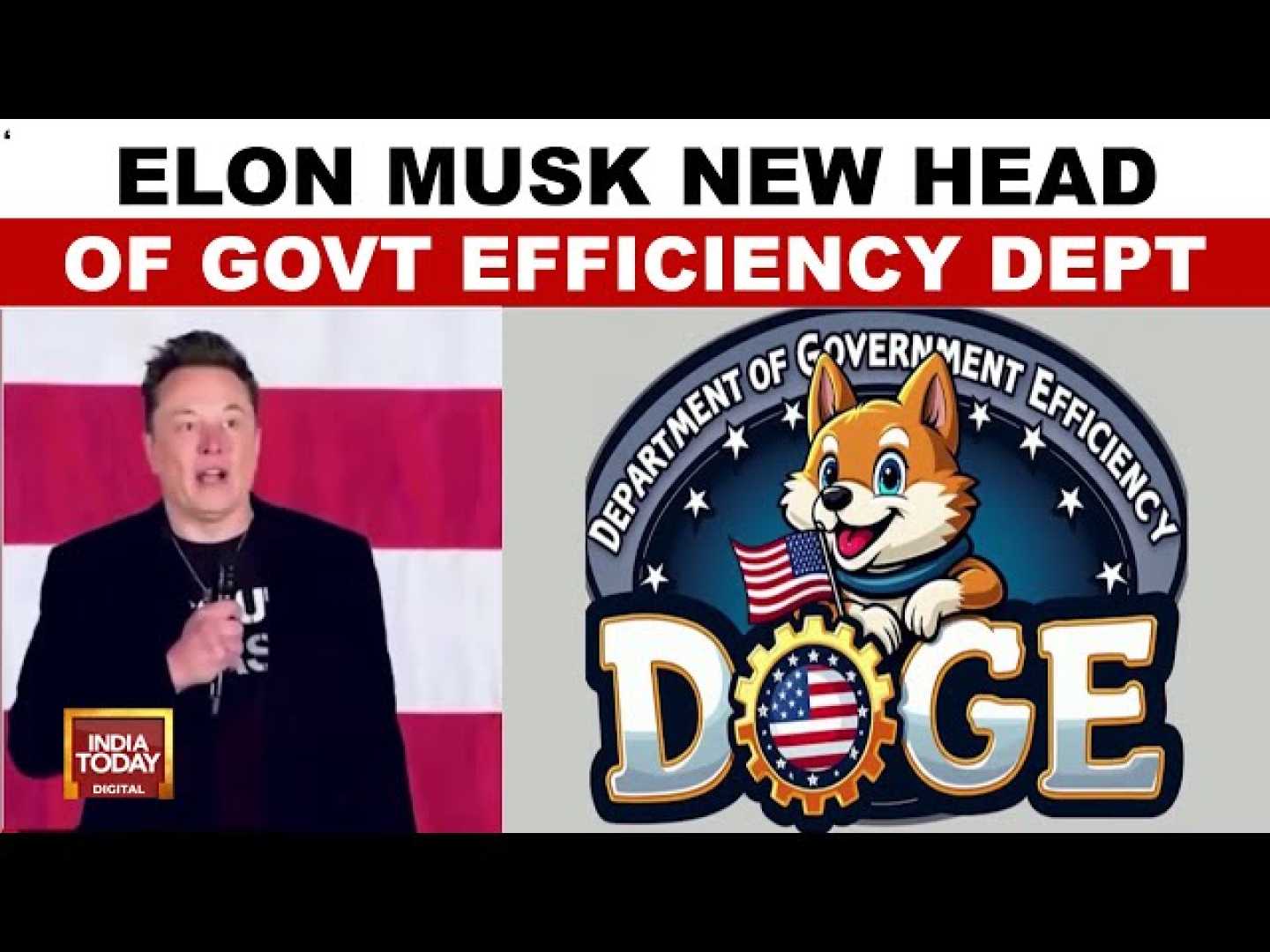Politics
Federal Judge Rules Against Halt on Musk’s Access to Government Data

WASHINGTON, D.C. — U.S. District Judge Tanya Chutkan denied a request on Tuesday to block Elon Musk and his Department of Government Efficiency (DOGE) from accessing federal data systems across multiple executive branch agencies. This ruling comes amid legal challenges from several Democratic state attorneys general who argue that Musk’s involvement in federal operations violates the Constitution’s Appointments Clause.
The lawsuit, initiated last week, claims that Musk’s role circumvented proper appointment procedures that require Senate confirmation for officials overseeing government functions. Chutkan’s decision represents an early setback for the states involved in the legal challenge.
The attorneys general sought a temporary restraining order that would prohibit Musk and DOGE from accessing data from agencies including the Office of Personnel Management, the Department of Education, and the Department of Commerce. Additionally, they proposed restrictions against firing or placing employees on involuntary leave at those agencies.
However, Judge Chutkan found that the plaintiffs failed to demonstrate imminent or irreparable harm that would necessitate such an order. In her 10-page ruling, she noted, “The court is aware that DOGE’s unpredictable actions have resulted in considerable uncertainty and confusion for Plaintiffs and many of their agencies and residents,” but remained unconvinced about the immediate need for a broad injunction.
Chutkan also encouraged the states to refine their request for restrictions that could potentially protect employees without unduly affecting government operations. She asked the plaintiffs to submit a proposed order by Saturday that outlines specific limitations.
The outcome of this case holds significant implications for Musk’s authority and for the extent of executive power in relation to federal oversight and workforce management. As the administration pushes forward with its agenda to streamline government operations, ongoing litigation may shape the dynamics of federal staffing and efficiency efforts.












